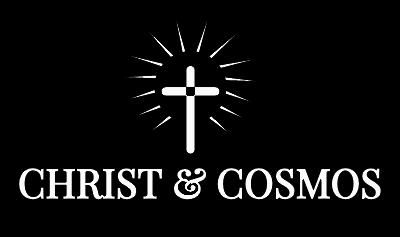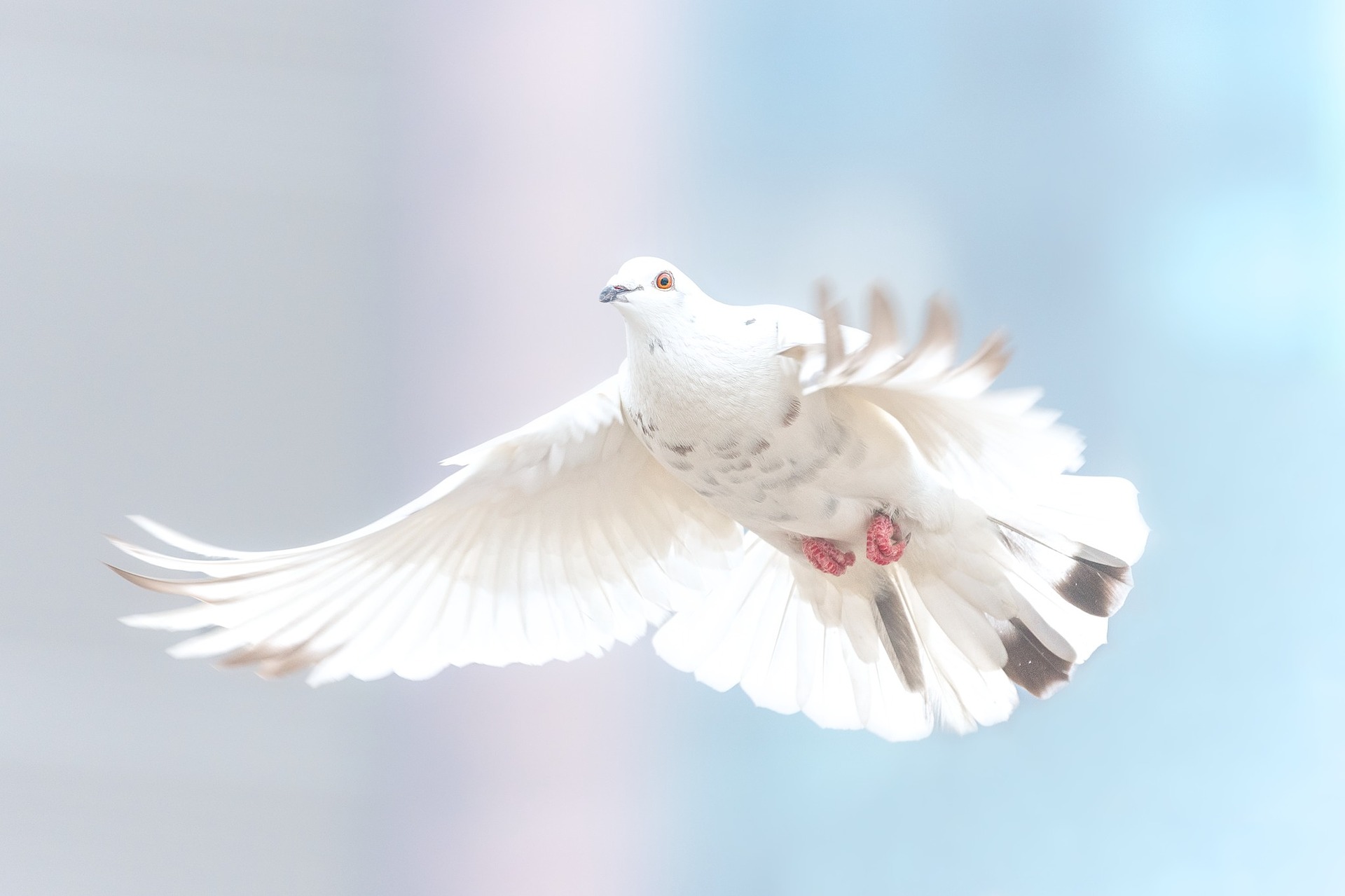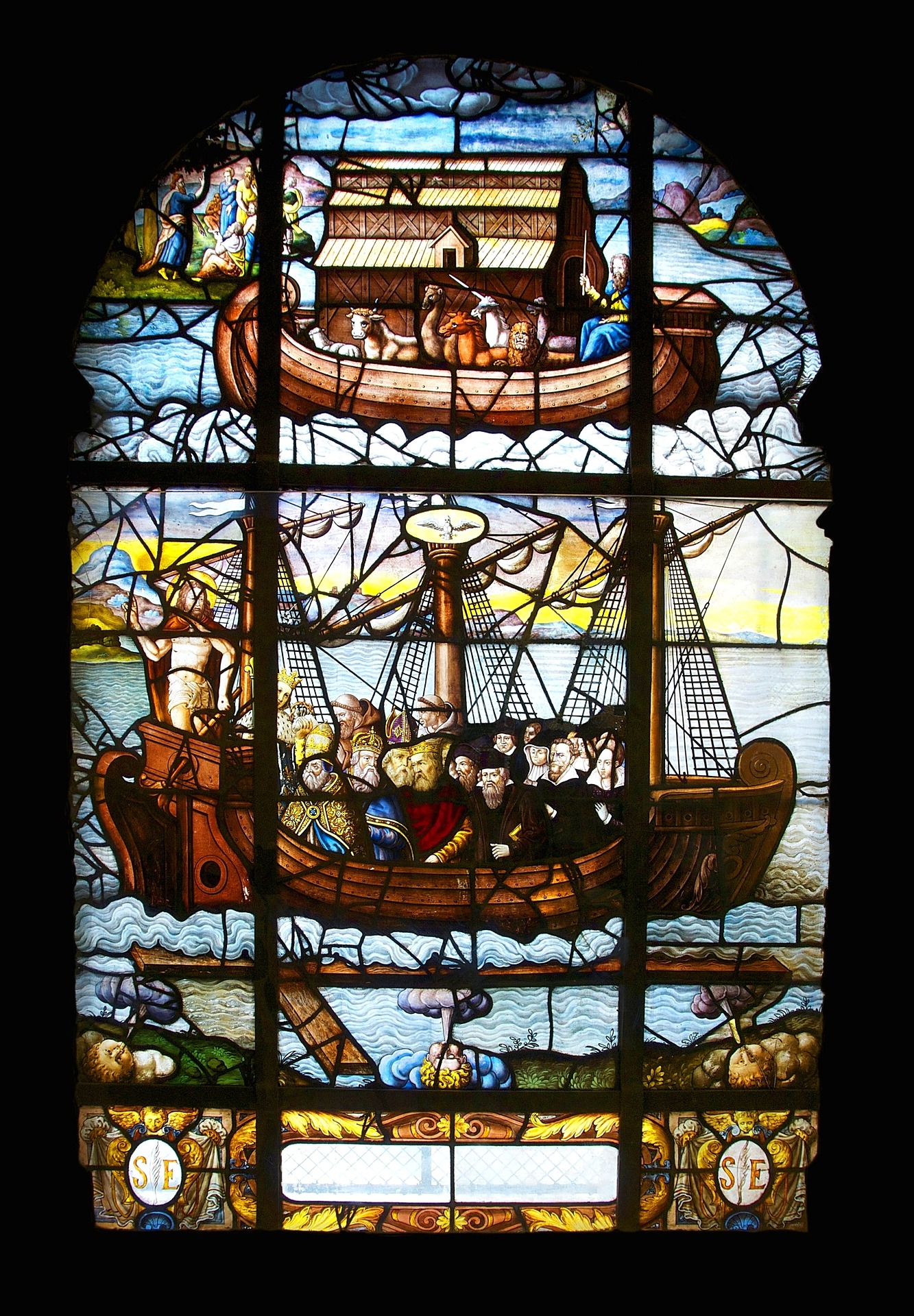Of Doves, Serpents, and the Child of God
THE SERPENT AND THE DOVE
“Behold, I send you out like a sheep among wolves. Therefore be wise as a serpent, yet innocent as a dove” (Matt. 10:16). This verse, to my mind, is the greatest verse on Christian freedom in the entire Bible. It speaks to us of an almost impossible balance – that between innocence, naivety, a basic good will that we both pity and admire; and cunning, tactical intelligence, strategy – things we also admire, but uneasily, knowing how such sly sensitivities are often used for evil.
This verse brings heaven and earth together. On the one side, it lifts us the skies, bearing us aloft on the winds of holy innocence, carrying before us the clarity, ease, and power of grace. But on the other, it brings us down – away from the dove and back to the earth, where the serpent dwells, crawling, slithering on the dust of the earth, moving with a careful fluidity to target its prey.
It brings to mind Biblical images too: it is an image of Noah, worried and weary sailing amidst a global flood, wondering when the waters will abate, how long rations shall hold, wondering whether there might ever be respite from the dull thud of waves thumping against his ark’s bow – until, suddenly, the dove, once sent out, told to search for land, brings back on its third trip a sign of land, a green olive branch, and with it hope for new beginnings in this world.
It is an image, also, of the Holy Spirit, descending in the form of a dove upon Jesus at his baptism, signifying that the Holy Spirit also comes to us in baptism, bringing us our own olive leaf, our own promise of new beginnings.
And then, also, it brings to mind the image of the serpent in the Garden of Eden, the one who deceived Eve, promising power and immortality and Godhood to her should she just eat the fruit, the apple, from that great tree of life – that tree which, for us today, comes again in Jesus Christ, who promises us true divinization.
But when we bring these two together, as Jesus does in his statement here, is this to clip the wings of the dove, to bring it crashing down to earth, to make it prey for the serpent? Or is this to bear the serpent aloft, snatching it from its earthly nature so that it might never know solid ground again? Ultimately, in fact, it is neither.
CHRISTIAN FREEDOM
After all, what is Christian freedom? It is a concept best known from Paul’s letters. A deep analysis of these letters cannot happen here, but this much is safe to say: that freedom in Christ involves two distinct aspects.
The first aspect, which is noted most often, is our freedom from the yoke of sin, slavery, death and the devil. This first aspect is incredibly important. But the second aspect, which this verse from Matthew describes, is our freedom for Christ, to live as he lived under the tutelage of God’s Spirit.
This latter freedom results from the first freedom: we are freed from condemnation for our evil deeds, from anxiety over moral precepts, from external standards that lord over us, and from all things judging our worth – for we are made righteous by Christ, and nothing else besides.
But this freedom – and this is the Pauline balance that proves so hard to keep – is not a freedom to do what I want, to indulge my senses, or to declare that what God once said was sin is suddenly – not sin. We are freed from sin, but not freed to sin; for a sinful act remains sinful, even in Christ Jesus. Paul says this well: “‘I have the right to do anything,’ you say – but not everything is beneficial. ‘I have the right to do anything’ – but I will not be mastered by anything” (1 Cor. 6:12).
Thus, my freedom allows me to sin – but my freedom prevents me from sinning. Grace brings a transformation of desire, and as I am freed from sin I also come to see that sin is damaging to, is evil for, me. Sin breaks me off from God – and in Christ, I genuinely desire to be with God.
Yes, I fail; yes, I act inconsistently; yes, I fool myself about what is sin; yes, I try to ignore my own evil; yes, ego and insecurity remain; yes, I am a hypocrite; but I admit this, I know this, I trust that this has been redeemed in me – and I work, through the power of the Spirit, believing that over time these deep flaws will improve, and even go away (one day).
To be free in Christ, then, is to know what Christ has done for me, to remain thankful, to cling to him and his promises – and it is to desire, in the last analysis, despite all my flaws, inconsistencies and self-destructive behavior, that I might be close to God; and it is, in the last analysis, to trust to the end that, in spite of myself, this will happen.
FREEDOM: TO SEE CHRIST IN ALL THINGS
What does this have to do with the dove and the serpent? The key is this: that my freedom from fear allows me to be cunning like the serpent – to let come what may as a consequence, and not worry that my standing with God might be harmed; and that my freedom for Christ gives me the mind of Christ, a mind moving towards innocence, a mind declared innocent and acting as such (to the degree that it is sanctified, set apart and made holy).
This is a mind who sees Christ in all things, who knows that all is divine speech, that all gathers towards the Word from whence it comes, that the whole Book of Nature – like the Book of Scripture – is a type of Christ, that Christ dwells in all things. It is a mind who knows that Christ is the Truth, the Life, the Way, and knows the truth concerning all life, that its condemnation is not final, that God has reconciled the world to himself in Christ Jesus, that the way of nature, now corrupted, is redeemed, and is being gathered towards final restoration.
Our minds, then, having become the mind of Christ, see the promise of Christ in all things, seeing grace, forgiveness, love, beauty everywhere, in the dust of the earth and the clouds of the air, gathering the rocky soil of the world and lifting it to the air in a sacrificial hymn of praise.
In so doing, we gather all things to God, seeing not some Nietzschean innocence of becoming (that is, affirming all evils and goods of the world alike), but the innocence in becoming, how all things can and shall move by the power of love into the great harmony of earth and sky, of the world and the heavens, so that “God may be all in all,” and all shall find rest in Him (1 Cor. 15:28).
And we do so by knowing evil, by seeing it, understanding it, so that we might move amongst the wicked wiles of corrupted hearts; but we do so with heaven in our hearts, and Christ united to our souls, proclaiming “Hosannah” with our breath all the while, so that we might never again be slaves to insecurity, fear, hate, and self-destruction.
For us, while we yet slither like a serpent on this earth, the holy dove descends with us, that very Spirit of God, animating our limbs and moving our minds so that we might see the dove bring forth God’s promise over the fluid flux of a dissipating world, so that we might be as doves ourselves, bearing olive leaves to the whole of Creation.
This, as I understand it, is the meaning of Matthew 10:16. It is a gorgeous description of the greatest freedom of all: the life of Christian grace, which bears the power and presence of God Almighty for me, for you, and for every last creature of this corrupted, reconciled, and finally good world of God. Amen.
DAN TATE is a writer and blogger at Christ & Cosmos. A former atheist, he’s been surprised and amazed by the God of all things, and he’s passionate about sharing the gospel in ways that respond to contemporary concerns about theology, philosophy, spiritual practice, science, art, and more. A lifelong writer hailing from Upstate New York, he has a B.A. from Allegheny College, an M.A. from Syracuse University, and an M. Div. from Princeton Theological Seminary.





